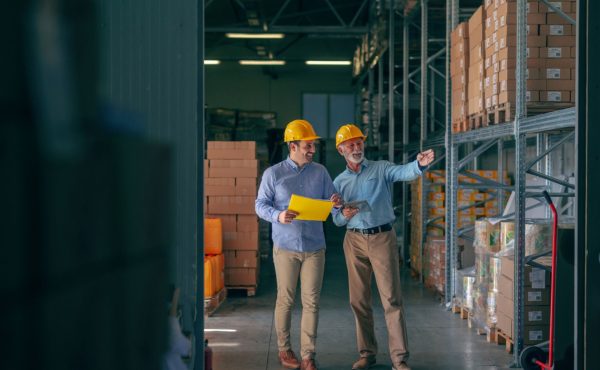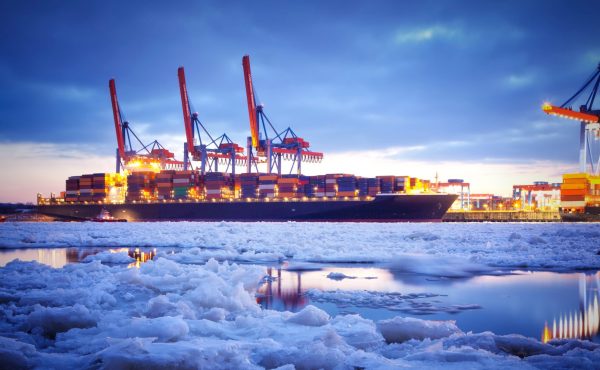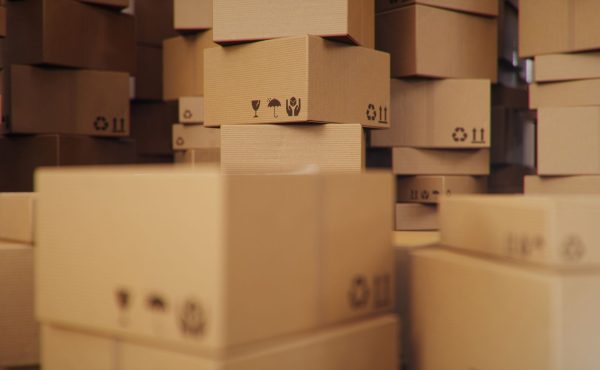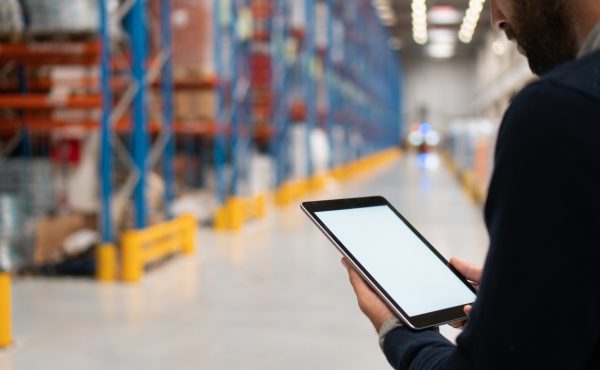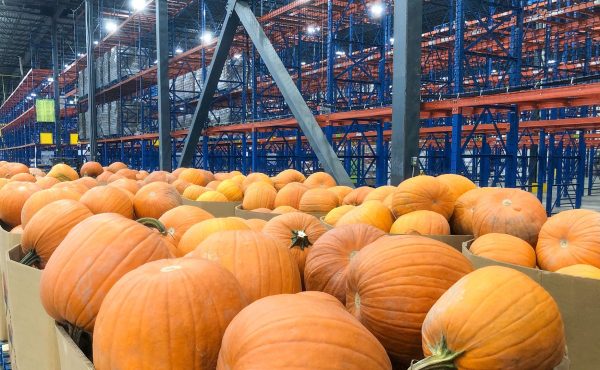Brazil as a logistics hub: connecting South America to the rest of the world
Brazil has established itself as one of the most important logistical powers in the southern hemisphere thanks to its geostrategic position, continental size and developing infrastructure. In the field of international transport, the country plays a key role in the four main modes of transport: air, sea, rail and land.
Its more than 7,000 km of coastline make it a focal point for maritime trade, with major ports that channel much of the country’s foreign trade. By air, cities such as São Paulo and Brasilia have international airports that are well connected to Europe, North America, Asia and the rest of Latin America, and are important distribution centers for goods of all kinds.
In terms of land and rail transport, Brazil stands out for its integrating role within the South American continent. With bio-oceanic corridors connecting Pacific ports with Atlantic ports, and highways linking countries, Brazil serves as a logistical bridge between the ocean and landlocked countries such as Bolivia and Paraguay. At the same time, its warehouses, distribution centers and increasingly automated logistics areas allow it to consolidate and redistribute goods both within the country and to its international trading partners. What are the key factors for making Brazil an important partner for companies operating in South America and seeking efficient access to global markets?
- Advanced port infrastructure: with large, modern ports, Brazil facilitates the export and import of all types of goods, including containerized, bulk and project cargo.
- Strategic international airports: Guarulhos airport (São Paulo) is an air cargo logistics hub connecting Brazil with Europe, Asia and North America. Its infrastructure and volume of operations position it as a point of entry and exit for pharmaceuticals, electronics, perishables and all types of products.
- Overland connectivity with neighboring countries: Brazil has a network of highways and international routes that connect it with Argentina, Paraguay, Uruguay, Bolivia and Peru, enabling the integration of regional logistics chains throughout South America’s Southern Cone.
- Rail network for bulk goods and containers: although still in development, the Brazilian rail network transports large volumes of soybeans, minerals and industrial products to export ports, reducing pressure on road transport.
- Logistics zones and distribution centers: São Paulo, Rio de Janeiro and other key cities have major logistics parks and warehouses with value-added services such as labeling, cargo consolidation, fractioning and quality control, which are essential for international B2B trade.
- Trade agreements and regional integration: Brazil is a member of Mercosur, which allows an agile flow of goods with its regional partners, and maintains trade agreements with blocs such as the European Union, which improves tariff and regulatory conditions.
- Customs and regulatory capacity: Brazilian authorities have made significant progress in the digitalization of procedures and customs cooperation agreements that facilitate foreign trade.
- Potential for strategic products: Brazil is not just a logistics hub, it is also a production powerhouse: it exports food, minerals, chemicals, pharmaceuticals and manufactured goods, making it an attractive logistics and trade partner for Europe and Asia.

A company that specializes in importing and export to and from Brazil
Brazil therefore acts as a genuine connector between South America and the rest of the world. Its capacity to channel regional exports, receive and distribute products makes it a referential logistics hub. Additionally, the dynamism of its trade relations with Europe, especially with Spain, means that many Spanish companies see Brazil as a strategic gateway to the South American market.
In this context, companies such as Logisber play a fundamental role. We have our own office in São Paulo, and we specialize in designing, coordinating and optimizing logistics operations to and from Brazil. Our experience as an international freight forwarder includes sea, air and land transport, as well as customs clearance and tax representation. This combination of services allows Spanish companies to develop their commercial operations in Brazil with maximum security, profitability and efficiency.
We accompany our customers throughout the logistics process, adapting each solution to the particularities of the Brazilian market. Also, thanks to our international certifications, we guarantee compliance with the highest quality standards, especially in sensitive sectors such as chemicals and pharmaceuticals.
If you have a project involving import or export with Brazil, contact Logisber now and our team in São Paulo will help you deal with any logistic challenges with customized, efficient and safe solutions.
Categorías
Compartir



